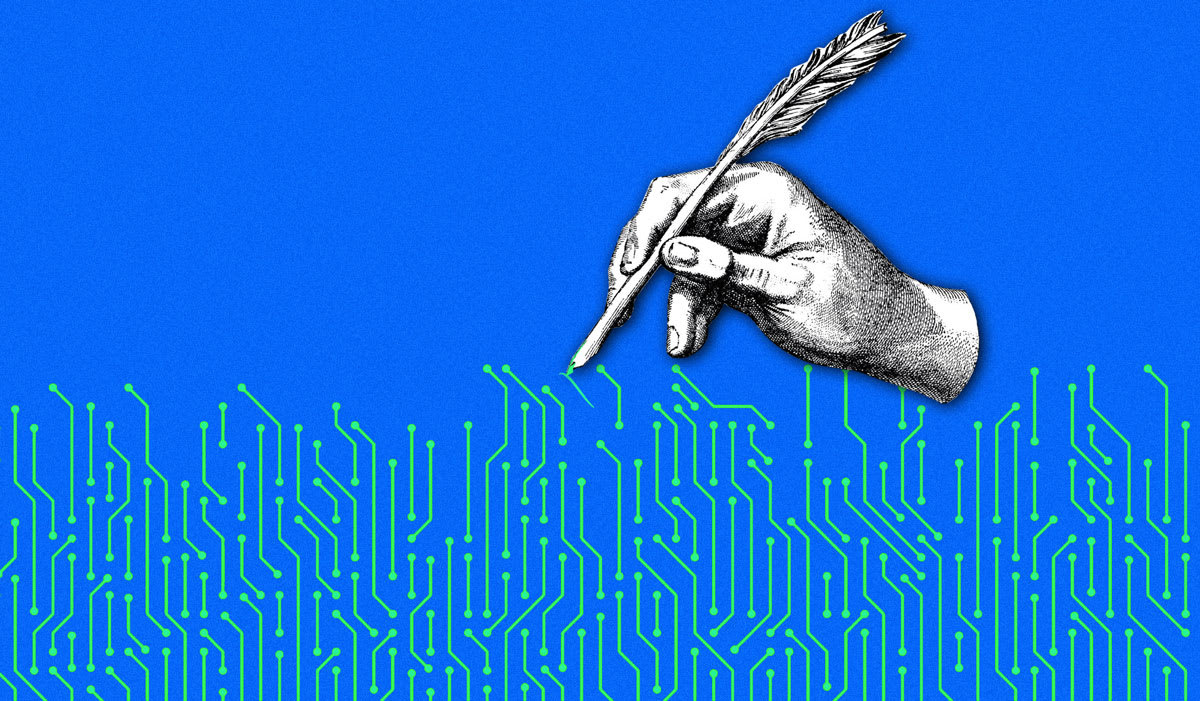Don't make these common interview mistakes
As the U.S. economy continues to gain steam, many Americans are planning their next career steps, including finding new jobs that offer more challenges and higher pay.
Unfortunately, many job seekers ruin their chances of securing an offer through unwitting interview bloopers, according to new research from career site CareerBuilder. Its survey of about 2,600 hiring managers and human resource executives found that they can read body language to know whether a candidate is a good fit within the first five minutes of an interview
Anxiety can be at the root of some of those body language mistakes, which is why it pays to spend time researching the company and its interview process before showing up. It’s also worth noting that companies are increasingly asking questions that require candidates to think on their feet and engage in a challenge. Google (GOOG) became famous for the approach over a decade ago, but the strategy could fluster some job hunters, especially if they haven’t searched for a job recently.
“The best solution to minimize pre-interview anxiety is solid preparation,” said Rosemary Haefner, chief human resources officer for CareerBuilder, in a statement. “If you don’t read about the company and research your role thoroughly, you could magnify your fear of interviewing poorly and lose the opportunity.”
Hiring managers identified five deal-breakers for job candidates, with two-thirds saying they wouldn’t hire a worker who was caught lying about something. A close runner-up was people who answer a cellphone or text during an interview (64 percent). The remaining deal-breakers are candidates who appear arrogant or entitled (59 percent); candidates who are inappropriately dressed (49 percent); and candidates who appear to lack accountability (48 percent).
Aside from prepping for a company’s interview questions, it’s essential to project positive body language, which CareerBuilder said can have even more influence than verbal responses.
The following body language mistakes can quickly sink a job seeker’s chances, CareerBuilder found, which cited the percentage of hiring managers who said the behavior was an issue.
- Failing to make eye contact: 67 percent
- Failing to smile: 39 percent
- Playing with something on the table: 34 percent
- Fidgeting too much in their seats: 32 percent
- Crossing their arms over their chests: 32 percent
- Having bad posture: 31 percent
- Playing with their hair or touching their faces: 28 percent
- Having a weak handshake: 22 percent
- Using too many hand gestures: 13 percent
- Having a handshake that was too strong: 9 percent
Asked about the strangest things job candidates have done in interviews, hiring managers offered a few doozies, such as bringing food to the meeting and not offering to share it.
Here are their responses:
- Candidate asked to step away to call his wife to ask her if the starting salary was enough before he agreed to continue with the interview.
- Candidate asked where the nearest bar was located.
- Candidate brought his childhood toys to the interview.
- Candidate ate a pizza he brought with him (and didn’t offer to share).
- Candidate asked interviewer why her aura didn’t like the candidate.
- Candidate invited interviewer to dinner afterwards.
- Candidate stated that if the interviewer wanted to get to heaven, she would hire him.
- Candidate ate crumbs off the table.
- Candidate said her hair was perfect when asked why she should become part of the team.
- Candidate sang to a song on the radio playing overhead.
- Candidate bragged about being in the local newspaper for allegedly stealing a treadmill from an older woman’s house.
- Candidate put on and took off her sunglasses.



